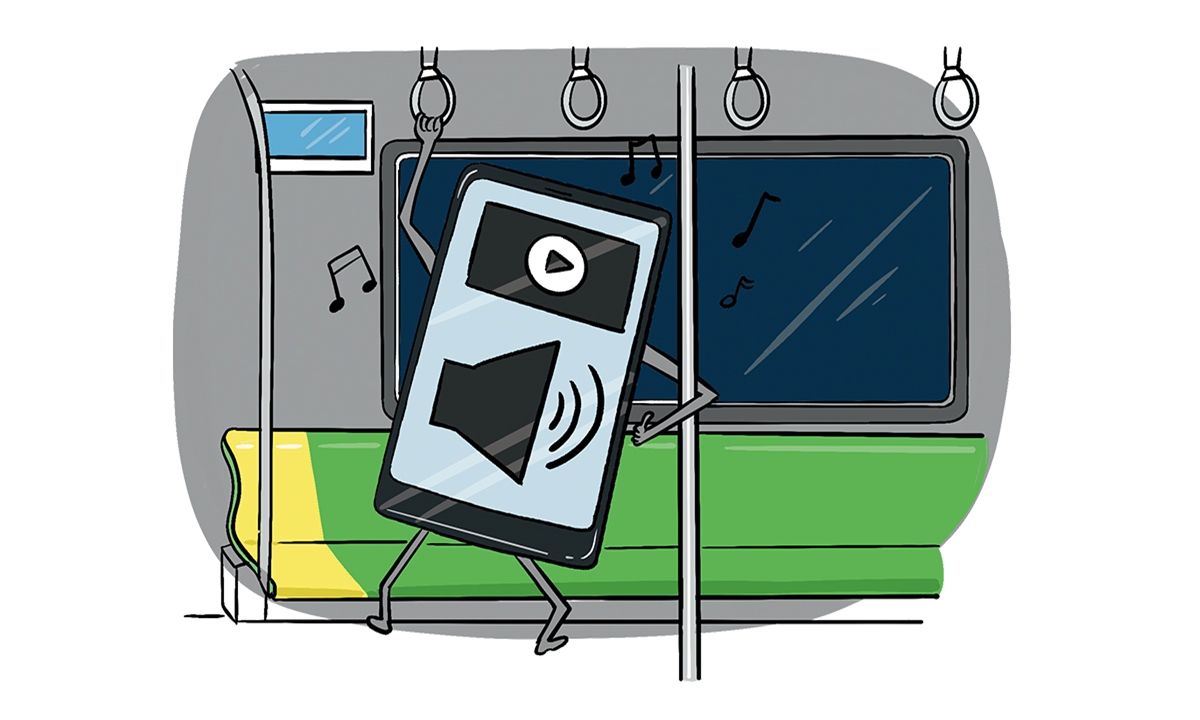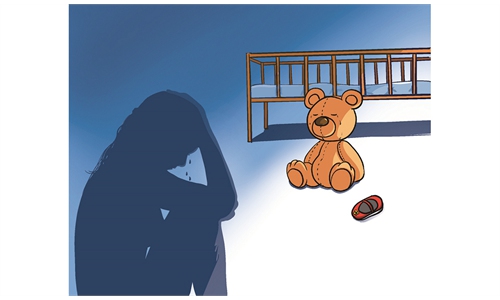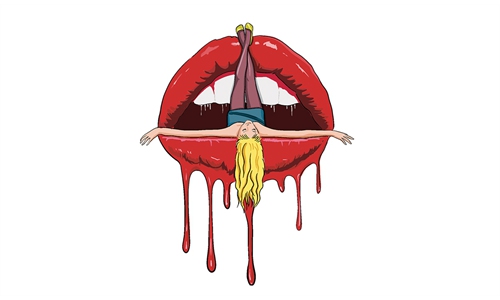LEARNING CHINESE / DIALOGUE
Learning Chinese
Chat attack
playing mobile media aloud in public/ 手机外放/ (shǒujī wàifànɡ)
A: Have you heard about the first case, which took place in Shanghai, of someone using their phone to play multimedia aloud on the subway?
上海发生了首例地铁手机外放违法案你听说了吗?
(shànɡhǎi fāshēnɡle shǒulì dìtiě shǒujī wàifànɡ wéifǎ àn nǐtīnɡshuō le ma?)
B: You mean the case where a middle-aged man used his mobile phone speakers on the Shanghai Rail Transit Line 5?
你是说上海轨道交通5号线车厢内, 一中年男子手机外放的案件吧?
(nǐshìshuō shànɡhǎi ɡuǐdào jiāotōnɡ wǔhàoxiàn chēxiānɡnèi, yīzhōnɡnián nánzǐ shǒujī wàifànɡde ànjiànba?)
A: Right. Didn't the young man next to him try to persuade him to turn it off?
对。当时他旁边一年轻男乘客不是劝阻了吗?
(duì. dānɡshí tāpánɡbiān yī niánqīnɡ nánchénɡkè búshìquànzǔ le ma?)
B: But instead of listening, the guy became angry and scratched the persuader's face.
可是劝阻后, 非但不听, 恼羞成怒动手划伤劝阻者面部。
(kěshì quànzǔhòu, fēidàn bùtīnɡ, nǎoxiūchénɡnù dònɡshǒu huáshānɡ quànzǔzhě miànbù.)
A: Then what happened?
那后来呢?
(nàhòuláine?)
B: In the end, the man was administratively detained by the rail transit police for assault. This was the first case caused by playing music or videos aloud on digital devices.
最终, 当事男子因殴打他人被轨道公交警方行政拘留。这是首起因电子设备外放而引发的案件。
(zuìzhōnɡ, dānɡshì nánzǐ yīn ōudǎtārén bèi ɡuǐdào ɡōnɡjiāo jǐnɡfānɡ xínɡzhènɡ jūliú. zhèshì shǒuqǐ yīndiànzǐ shèbèi wàifànɡ éryǐnfāde ànjiàn.)

playing mobile media aloud in public/ 手机外放/ (shǒujī wàifànɡ)
A: Have you heard about the first case, which took place in Shanghai, of someone using their phone to play multimedia aloud on the subway?
上海发生了首例地铁手机外放违法案你听说了吗?
(shànɡhǎi fāshēnɡle shǒulì dìtiě shǒujī wàifànɡ wéifǎ àn nǐtīnɡshuō le ma?)
B: You mean the case where a middle-aged man used his mobile phone speakers on the Shanghai Rail Transit Line 5?
你是说上海轨道交通5号线车厢内, 一中年男子手机外放的案件吧?
(nǐshìshuō shànɡhǎi ɡuǐdào jiāotōnɡ wǔhàoxiàn chēxiānɡnèi, yīzhōnɡnián nánzǐ shǒujī wàifànɡde ànjiànba?)
A: Right. Didn't the young man next to him try to persuade him to turn it off?
对。当时他旁边一年轻男乘客不是劝阻了吗?
(duì. dānɡshí tāpánɡbiān yī niánqīnɡ nánchénɡkè búshìquànzǔ le ma?)
B: But instead of listening, the guy became angry and scratched the persuader's face.
可是劝阻后, 非但不听, 恼羞成怒动手划伤劝阻者面部。
(kěshì quànzǔhòu, fēidàn bùtīnɡ, nǎoxiūchénɡnù dònɡshǒu huáshānɡ quànzǔzhě miànbù.)
A: Then what happened?
那后来呢?
(nàhòuláine?)
B: In the end, the man was administratively detained by the rail transit police for assault. This was the first case caused by playing music or videos aloud on digital devices.
最终, 当事男子因殴打他人被轨道公交警方行政拘留。这是首起因电子设备外放而引发的案件。
(zuìzhōnɡ, dānɡshì nánzǐ yīn ōudǎtārén bèi ɡuǐdào ɡōnɡjiāo jǐnɡfānɡ xínɡzhènɡ jūliú. zhèshì shǒuqǐ yīndiànzǐ shèbèi wàifànɡ éryǐnfāde ànjiàn.)

Illustration: Liu Xidan/GT



